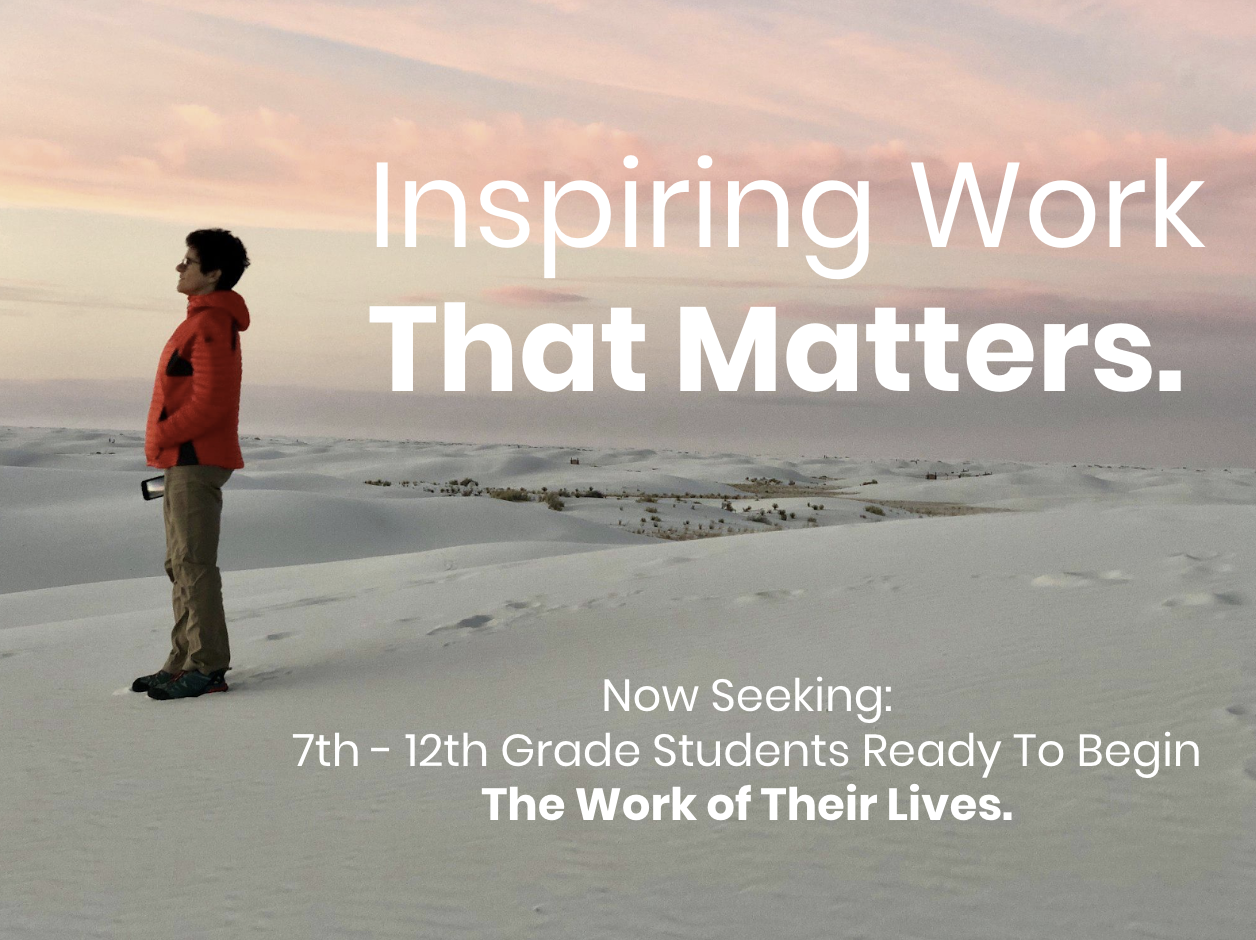7 Ways Running Is Like Problem-Based Learning
About a year ago, STEM department chair Molly Holden created an internal Slack channel called “#milestone”. Since, #milestone has become a kind of shared internal diary for Stone faculty members interested in tracking a variety of personal monthly goals, with an emphasis on running, walking, hiking, and biking (as well as…reading, meditating, phone use, puzzle-completion, and more).
While the channel has served as a wonderful way for the team to track goals and create a little public accountability (in writing this, the author notes that he is about 5 miles short of his November goal…), it has also served as a useful way to consider the many similarities between the practices inherent to running and the practices inherent to problem-based learning:
1. Like Running, PBL Is About Pace-Setting and Preparing For the Future
Problem-based learning serves as a valuable training ground for high school students, for STEM-forward learners, and for college-bound students. PBL isn’t necessarily about tackling problems; it’s about setting and increasing the intellectual pace, preparing students to navigate the challenges that lie ahead in their college journey.
2. Training Is Practice and Practice Is Training
Just as running conditions the bodies for the physical demands for longer and more challenging runs, students engaging in problem-based learning are training their minds for the intellectual rigors of increasingly complex thinking and increasingly complex work. PBL enables students to build the deep cognitive stamina necessary for success in class, in college, and beyond.
3. Obstacles Are Part of the Race
Much like running presents us with different kinds of obstacles – some predictable, some entirely unpredictable – authentic learning involves engaging and overcoming predictable and unpredictable academic obstacles. Whether it's conquering a complex problem or facing a challenging college assignment, the ability to navigate obstacles becomes a vital skill and inherent practice in a PBL learning ecosystem and equips students with the resilience needed for their longer learning journey.
4. Consistent Strides Builds Consistent Growth:
Problem-based learning encourages students to take consistent strides in their academic journey, aligning perfectly with the kinds of preparation and growth needed for college. Regular engagement with real-world challenges today prepares them for the intellectual demands they will face in the future, ensuring they are ready for the college experience.
5. Discomfort Is Part of the Process:
Appropriate discomfort is an inherent, necessary, and healthy component of growth. Problem-based learning encourages students to embrace this discomfort, recognizing it as a valuable aspect of growth that will serve them well in the future.
6. Strength Is Important – But So Is Agility:
Problem-based learning demands mental agility, a quality essential for success in college. Adapting problem-solving approaches based on new information aligns with the dynamic nature of college coursework, where students must be agile in their thinking and approach to learning.
7. Crossing the Finish Line Means Arriving At the Starting Line
Successfully navigating the challenges posed by problem-based learning is a definitive marker of college readiness. It signifies that students are not only academically prepared but also possess the critical thinking skills required for success in college. Yet, just like in running, it's not the end but the beginning of a new chapter in their educational journey.
And, of course, there are so many more ways that learning and running are similar. Like: some days running feels easy and sometimes it feels particularly challenging. And, the skill doesn’t change a whole lot, but the application of it does. And: sometimes the most important step is the first one.
And: you can always get better.
And: you can never drink enough water.
And, perhaps most importantly: there’s a finish line, but there is no such thing as finished.
You can learn more about our approach to problem-based learning by learning about our model, our teachers, and our success in the college application process.
And you can learn even more by scheduling your private tour, shadow day, or information session right here or by emailing us today at admissions@stoneindependent.org.
